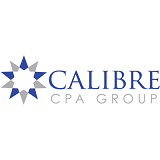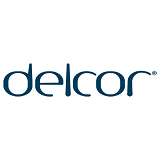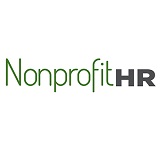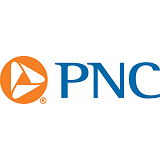
The FAR 5 Tips Corner – 5 Tips for Nonprofits Working with For-profit Entities
By Anthony L. Huber, Counsel, Spilman Thomas & Battle, PLLC
An increasingly popular avenue for nonprofit organizations looking to overcome limited resources, increase revenues and further their exempt purposes is to partner with a for-profit entity. The alliance is usually in the form of a joint venture (“JV”), with both parties contributing to the formation of a single entity with joint management, subject to certain guidelines meant to preserve the nonprofit organization’s exempt purpose, while allowing a reasonable profit by the for-profit partner in the JV. The revenue generated by the JV generally remains tax-exempt as long as the JV follows certain guidelines, as described below.
1. Mission Alignment. The activities of the JV must further the nonprofit organization’s charitable or exempt purposes. The JV operating agreement, bylaws or other governing documents should explicitly provide for the furtherance of exempt purposes overall as the primary goal, with only incidental benefit for the for-profit entity. Access to capital, risk sharing and business expertise provided by a JV can all be developed into meaningful enhancements to the nonprofit’s overall mission and exempt purposes.
2. Management and Control. The nonprofit organization must have control of the JV entity. Control is determined based on the facts and circumstances, such as the makeup and independence of the JV governing body, the terms of the operating agreement or bylaws, and the course of business of the JV. The nonprofit should have the power to select senior executives of the JV, and to unilaterally dissolve the JV if it threatens the nonprofit’s exempt status.
3. Choice of Entity. The activities of a partnership are attributed to its partners, and as such, care must be taken not to jeopardize the nonprofit’s exempt status by attribution of prohibited activities by the partnership. Typically the JV is in the form of a limited liability company owned by both the nonprofit and the for-profit entity, if the size of the JV and its activities are relatively insubstantial to the nonprofit as a whole. If the JV will constitute a large portion of the nonprofit’s activities, a corporation may be preferable, as dividends received from a JV corporation do not attribute the activities of the corporation to the nonprofit. In some cases, a merger is the preferred form of transaction.
4. No Private Benefit. The nonprofit can lose its exempt status if the for-profit entity can control or use the activities or assets of the nonprofit for the benefit of any private party, unless that benefit is incidental to the furtherance of exempt purposes. The operating agreement, governing documents and governing body must implement adequate safeguards to ensure that any private benefit is insubstantial in comparison to the public benefit conferred by the activities, and should give precedence to the objective of furthering the exempt purposes of the nonprofit.
5. Unrelated Business Income Tax (UBIT). Income-producing activities unrelated to the exempt purpose of the nonprofit may result in taxable income as unrelated business income, if it is income from a trade or business regularly carried on by the nonprofit. The activity that is the source for the income is determinative, and not whether the income is used for exempt purposes. The UBIT serves to ensure that nonprofits do not have an unfair advantage over for-profit businesses engaged in similar activities. A nonprofit is permitted to generate a non-excessive amount of unrelated business income relative to its exempt activities. However, the limit between an acceptable and unacceptable level of profitable activity is not clearly defined for any particular nonprofit. The nonprofit must ensure its profitable activities through the JV do not overshadow its overall exempt purpose and mission.

























